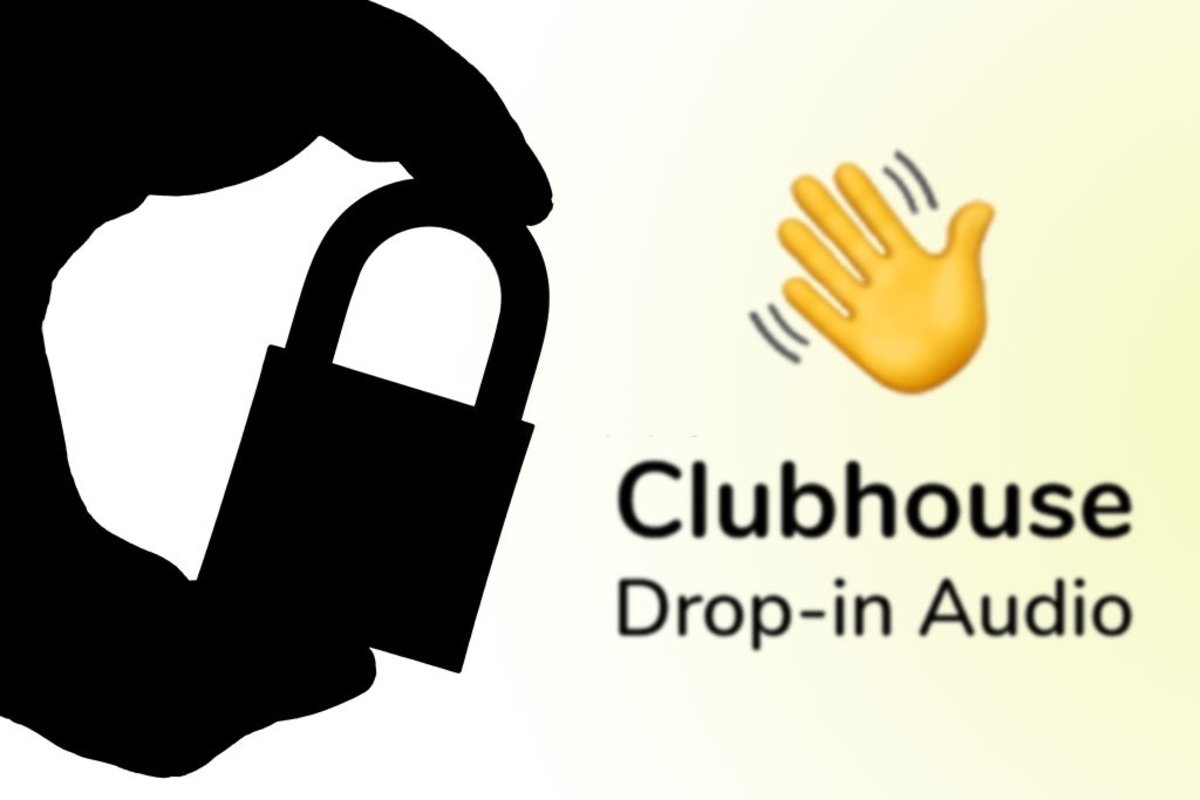Have there been instances when your mind has gone completely blank when you couldn’t remember something important that you should have known? Like your phone number or the name of that restaurant next to your home? Or you walk to a room and forget why you went or go to the supermarket and buy everything except the thing you went there for?
You felt disappointed and flabbergasted that you couldn’t remember that basic piece of information. Could it be that you’re suffering from memory loss? Or is it an early symptom of Alzheimer’s?
An even better example would be – Do you Google for solutions when you face a crisis? Or Google when you can’t remember that thing you studied just yesterday?
If you nodded your head to the above questions, don’t worry! You’re not the only one. We, the generation who grew up with gadgets, show symptoms of what has been termed as ‘Digital Dementia’.

Digital Dementia is a term that was coined in 2012 by a German neuroscientist named Manfred Spitzer. He used the term to denote the cognitive and sensory disabilities caused by overindulgence in digital technology. It’s dementia caused by extreme dependence on technology. While it is not considered chronic as actual dementia, it is still a great concern that can have catastrophic consequences if ignored.
What are the symptoms?
Those who suffer from Digital Dementia have a slouched posture. They suffer from anxiety and depression. They show signs of short-term memory loss and often seclude themselves from society. In extreme cases, even proper development is hampered, and they display uncoordinated movement. Oh, wait! I know a lot of people who show these symptoms. Including me!
Now, wait a minute. This doesn’t mean that your brain is dysfunctional. But ask yourself this, when was the last time you memorized something to remember it by heart? Don’t you rather convince yourself that you can always look it up on the Internet?

When was the last time you learnt a person’s phone number? And wasn’t there a time when we had little phone books where we wrote down the contact numbers of people we actually cared about and knew them blindfolded?
But now, we let technology do it for us. Our smartphones are doing all the thinking. So our brains are left without a function. This leads to imbalance and deterioration in the brain, the CPU of our body. We say that our generation is advanced. But are we? Are we really smart?
We have given the most important job of our brain to our phones. And in doing so, we have become brain-damaged. The phone’s doing all the thinking for us!
Because it’s the easy way out. Googling is much easier than thinking for hours without end for a solution. Technology has become so intertwined with our reality that we rarely open our eyes to see its effect on our behaviour and, more importantly, our health. In our heads, we all know it. That feeble voice in our brain constantly tells us that too much technology is not good for us. But we shut that voice out. Spending too much time in front of gadgets prevents us from remembering and focusing on important information.
How does the use of technology lead to brain imbalance?
Overuse of technology results in stimulation of only the left side of the brain while the right side of the brain remains unused and, consequently, dysfunctional. We rely on search engines to spew out information instead of remembering them. As gadgets with a larger capacity for data storage are used, the more we empty our brains of anything useful. This sensory mismatch in the brain’s cognitive abilities occurs from poor posture, which causes dissociation between the back of the brain, which becomes overactive, and the front, which becomes underactive.

Is there a way out of this curse?
There are a lot of simple yet often overlooked things you can do to prevent digital dementia –
- Spend time outdoors without your phone
Did everyone forget the boy Jack who did all work and no play, making him a dull boy? Don’t end up like him. Physical activity such as games and exercise, be it indoor or outdoor, stimulates sensory activity and activates the brain to improve balance.
- Reduce screen time
Honestly, this can be as hard as following a strict diet. But if you make it a habit, you can eventually find a balance. You’ll be able to eat cake without gaining too much weight. You know I am not talking about the cake, right?
- Remember good posture every time you sit in front of a laptop or phone
Always see your phone in the eye. Put your shoulders straight, not slouched and don’t use the lap or stomach as a table.
- Do what you mum always used to say, ‘Use your brain’
The brain is there for a purpose. Let it do the thinking. Don’t look up everything you need to know. Let some of it come to you from memory and rational thought.

- Read a book
- Now is the time to learn to play an instrument
Playing an instrument has proven to use both sides of the brain.
Basically, do anything that makes use of your brain.
Kids should not be encouraged to use gadgets till the age of 12, or their use should be regulated and monitored by parents
Practice a digital diet – a balanced consumption of technology must be adopted. Switch off your phones during the weekends. Choose more healthy ways of entertainment.
The bottom line is, exercise your brain more! Don’t slouch; remember your spine and your brain in everything you do.
Challenge yourself to live without your phone every week. Who knows? You might end up seeing a whole new dimension to your reality.






3 Comments
Rivora Sebastian
June 2, 2021 at 1:56 am
🔥🔥🔥🔥
Arolin Varghese
June 2, 2021 at 5:27 am
Too good!
AISWARYA
June 4, 2021 at 2:26 am
Extremely right dear. This is what,we experience nowadays. As u said, i am also taking this as a challenge to change myself by reducing the usage of medias😍